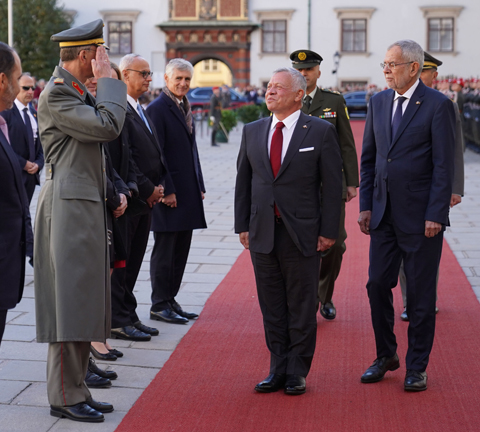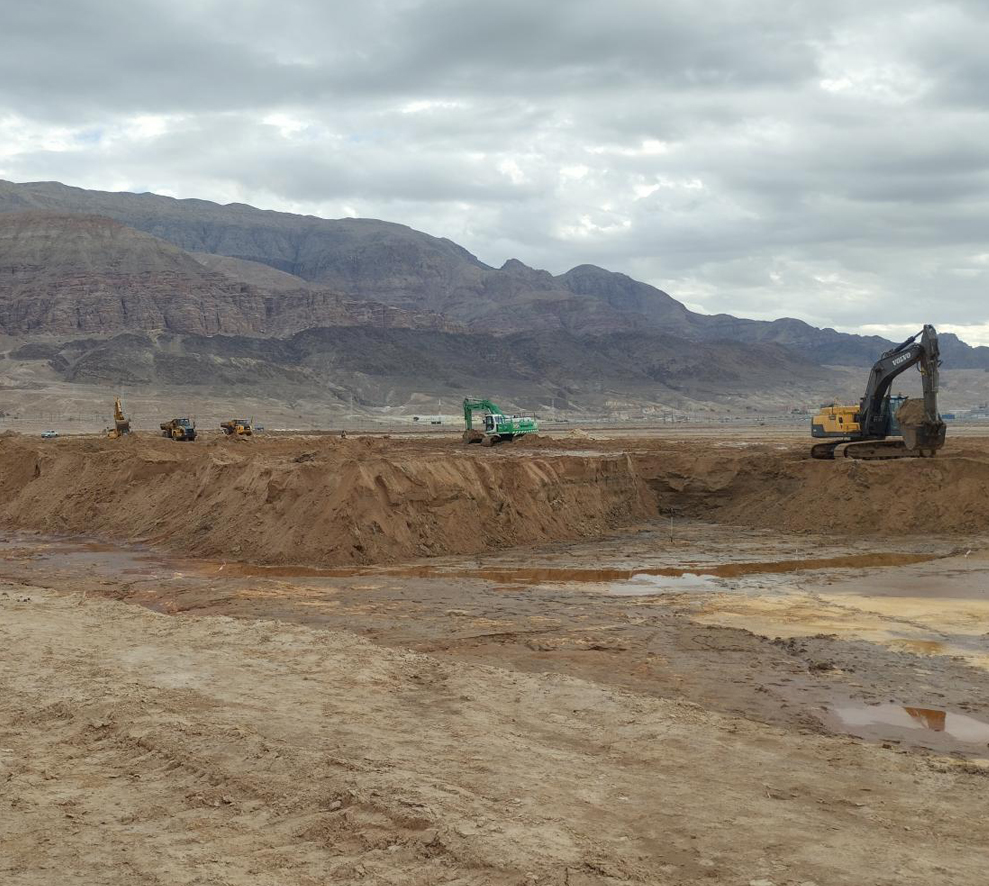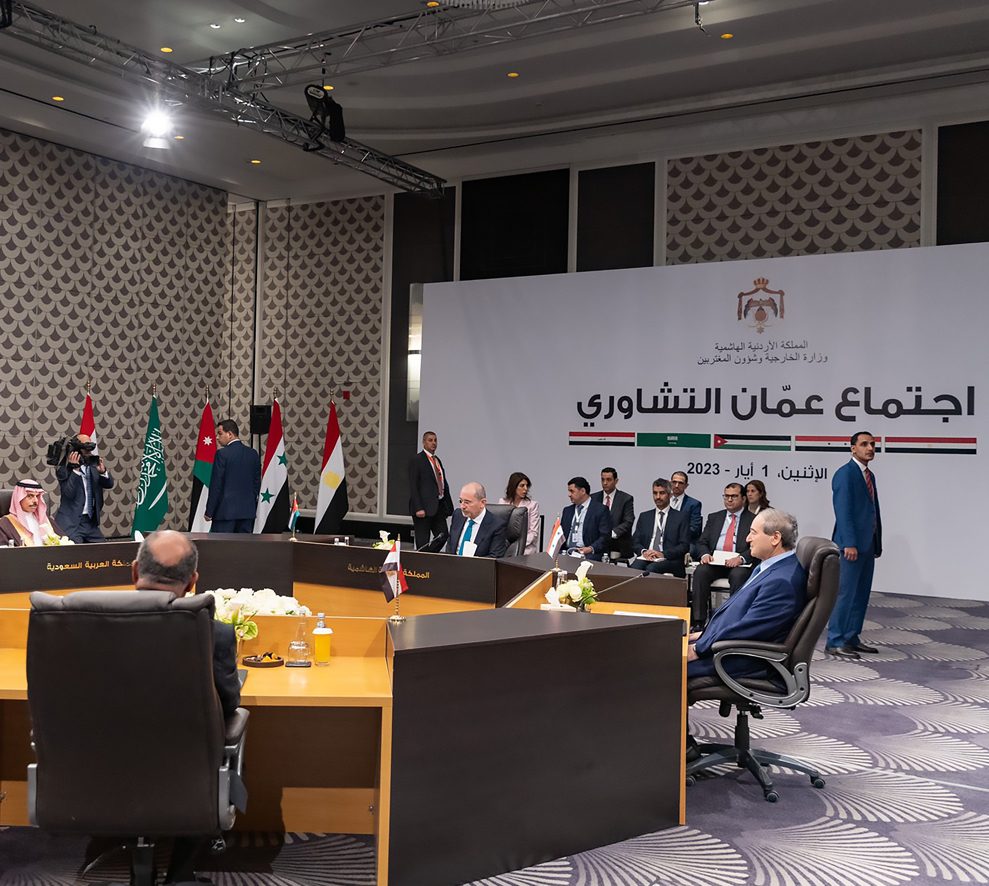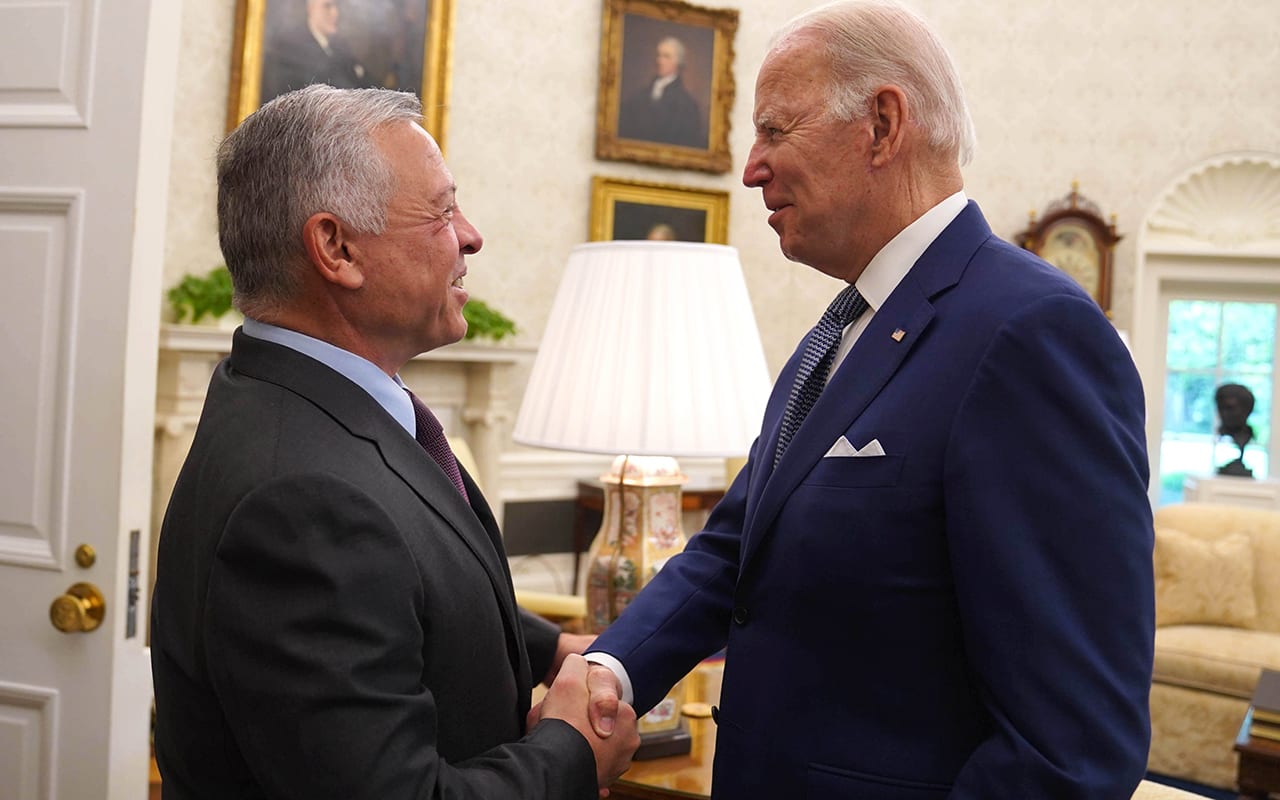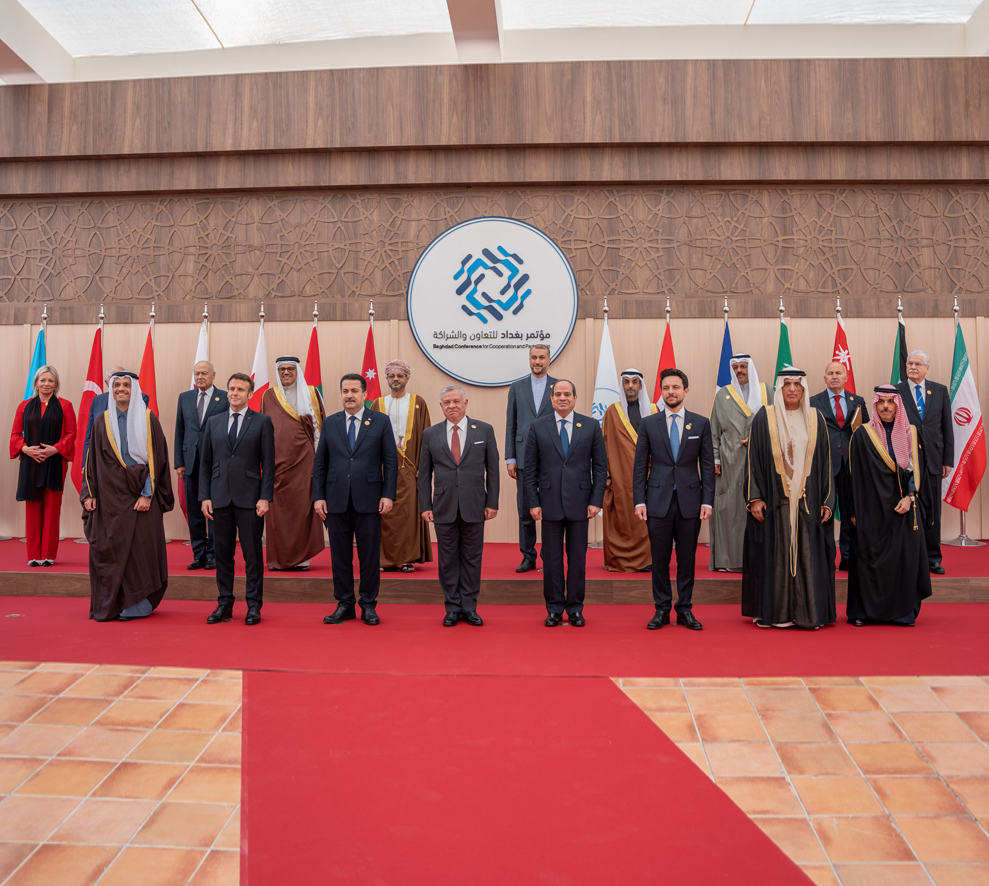The relationship between Jordan and the European Union is part of the long path of Jordanian foreign policy development, which is based on respect for the interests and values that have governed the international system throughout the first century of the kingdom's existence. Historically, Jordan relied on the Western axis as a strategic asset through which it resisted regional pressures and local challenges. In return, the West appreciated the role Jordan played in maintaining regional peace and security, as well as de-escalating successive crises in the Middle East.
Based on common views on regional and international issues, Jordan and Europe frequently hold high-level, bilateral and multilateral, meetings. Typically, these meetings are held with the principal European countries: The United Kingdom, France, Germany, and Belgium, as the home of the influential institutions of the EU, to discuss political, security, and economic issues.
The recent Jordanian royal tour to Europe in late October brought to light two unusual elements of Jordanian-European relations:
1. The expansion of Jordanian-European relations to Central and Eastern Europe, as King Abdullah began his European tour by visiting Austria and Poland.
2. The expansion of Jordanian diplomacy, and participation in international discussions about how to control climate change.
The following short analytical reading will focus on these two elements.
Jordan turns toward Central and Eastern Europe
Some observers believe that one of the problems of Jordan's relations with the principal European countries is that they are unequal, that is, they are in one direction, and that the balance is clearly tilted in favor of Europe. This inequality stems mainly from the strong economy and solid administrative structures of these countries.
However, by turning toward Eastern Europe, it can be assumed that there is a relative equality between Jordan and these countries, as there are fewer economic and administrative disparities, which constitutes a motive for achieving progress in the inter-relations with Amman. In theory, states when states are free from the "core—periphery" relationship, in which one country has more elements of power than the other, they tend to find areas of cooperation.
In addition, Central and Eastern European Countries (CEECs) constitute a significant voting bloc in the European Union, comprising 12 of the 27 countries of making them the largest regional bloc in the world. And since decisions within the EU institutions are made by consensus, it is in Jordan’s interest to establish channels of coordination and understanding with most member states, so that the Jordanian perspective on issues being discussed in the EU can be presented, such as the attitude toward the Palestinian cause, ways of coordinating European efforts to counter terrorism in the Middle East, and supporting refugees in the host countries, as Jordan has the highest number of refugees per capita in the world.
Since the end of the Cold War, and after a number of Eastern European states joined the European Union and began adopting a similar foreign policy to that of the West, Jordan's relations with these states began to grow. These relations, however, are cannot be described as close ones since they are only limited to medium-scale economic and cultural exchanges.
For example, Romania is one of the Eastern European countries that is expanding its cooperation with Jordan. This can be attributed to the fact that many Jordanians studied at Romanian universities, thereby strengthening official cultural and academic relations.
The value of commercial exchange between Jordan and Romania reached nearly $436 million in 2019, as part of Jordan's wheat and meat needs come from Romanian exports, worth $268 million and $105 million, respectively.
Moreover, Poland and the Baltic states (Estonia, Lithuania, Latvia) are experiencing an ongoing rivalry between the West and Russia, evident by the deployment of US troops in these regions within the Russian sphere of influence, and by the conclusion of economic agreements that solidify American influence there.
In addition to the Western-Russian conflict, there is an underlying tension between the United States and Europe over certain issues, including differences in perspectives on the rise of Chinese and Russian influence on the international stage; the reduced European military spending; the Airbus-Boeing crisis; as well as the European desire to tax the revenues of American technology companies operating in Europe; and more recently, the AUKUS alliance between the United States, United Kingdom, and Australia has become an issue of contention on both sides of the Atlantic.
During the royal tour, King Abdullah visited London and met with British Prime Minister Boris Johnson. The meeting did not produce any new statements or protocols, but it came at a time when Britain is trying to make up for the strategic void caused by its withdrawal from the EU. In light of this, London has adopted the "Global Britain" strategy to chart its post-Brexit external interactions, as well as to outline the general framework for these interactions beyond the European continent in the first place.
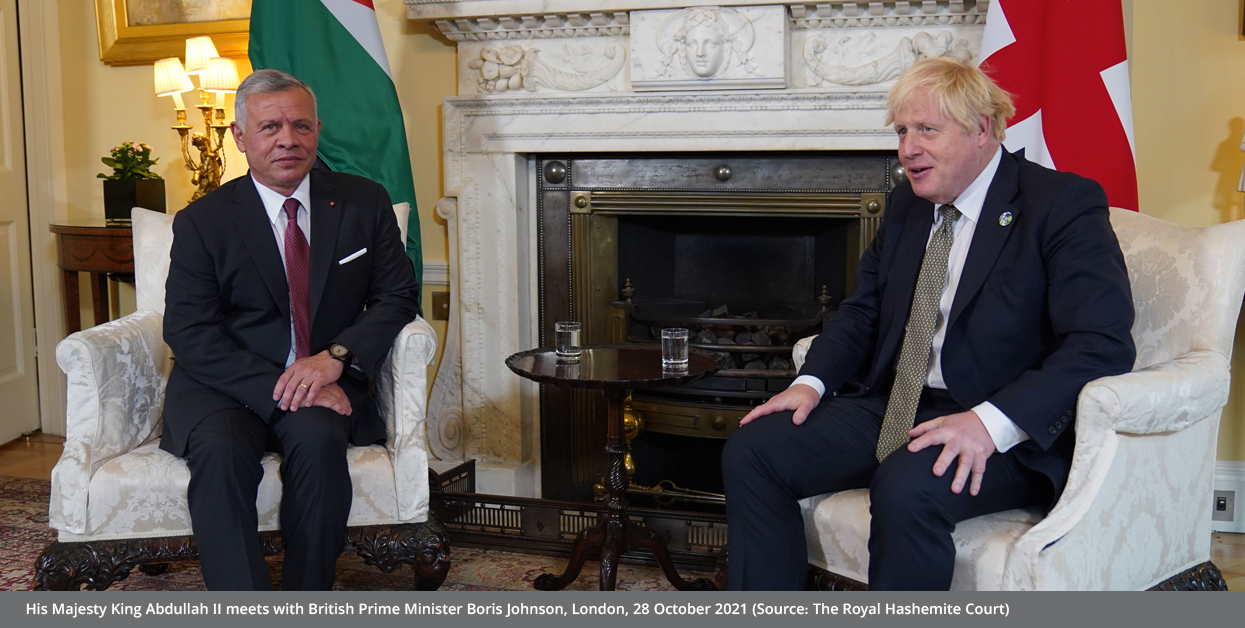
Therefore, Jordan should play a prominent role in the "Global Britain" strategy, since Jordanian-British relations are based on solid foundations and can be expanded to meet British aspirations in the Middle East and achieve the interests of both countries.
Jordan’s Climate Diplomacy
The primary purpose of the royal tour was not to meet Johnson, but to attend the 26th UN Climate Change Conference (COP26) in Glasgow, Scotland. The conference coincided with the Middle East Green Initiative Summit in Riyadh, at which crown prince Hussein bin Abdullah II represented the king.
These international efforts have given momentum to the Paris Climate Agreement, which was ratified by a record number of nations in one day on April 22, 2016, as 175 global leaders signed the agreement. Yet the biggest challenge for the world is to keep global temperature rise in this century within 1.5-2 degrees Celsius compared to pre-industrial levels. However, a global goal like this cannot be achieved unless all nations, especially the industrial ones, join forces to implement the agreements.
Climate experts consider fossil fuel emissions to be the most disruptive factor for the environment. Thus, some countries pledged to reach carbon neutrality (zero carbon emissions), including Saudi Arabia, which announced its intention to achieve this goal by 2060.
In Jordan, a diplomatic activity can be noticed in the emerging “environmental diplomacy” to slow down climate change by reducing carbon emissions. Therefore, the kingdom issued laws and guidelines in order to comply with international obligations and commitments in this regard.
"Environmental diplomacy" may appear to some as just a low-key international public relations. Yet, in reality, it is an area of international debate, governed by binding agreements. That is, when a state joins an agreement, it commits to enforcing its provisions, and in the event of a breach, it may be held legally liable. But even if states that do not fulfill their environmental obligations are not held accountable, they will be listed on what can be described as an environmental “blacklist”, discrediting them and undermining their status as a partner that fulfills their humanitarian duties.
Jordan's main concern in "environmental diplomacy" is the repercussions of climate change on the Levant, and how the kingdom proves that it has been severely affected by it, despite that Jordan contributes only 0.04% of global carbon dioxide emissions, according to an article written by the former Jordanian Prime Minister, Omar Razzaz, which was published in the November 2021 issue of "Project Syndicate."
Hence, Amman can improve its negotiating position regarding international support for developing countries to achieve global environmental goals. In this regard, G-20 leaders pledged, ahead of the Glasgow summit, $100 billion every year in grants and loans through the International Monetary Fund to finance developing countries' efforts to combat global warming, starting in 2023.
A number of eco-friendly projects have been announced under Jordan's Economic Priorities Program for 2021-2023, a such as increasing reliance on clean energy, as well as the project of desalination of the water from the Gulf of Aqaba, which has become a top priority due to recurring semi-arid seasons and the increased demand for water because of the natural and unnatural population growth that Jordan has experienced, including the wave of Syrian refugees.
Jordan's diplomacy has always operated within the framework of human principles and values, which aren't emotional luxury, but a necessity dictated by the determinants of Jordanian foreign policy, and cannot be separated from Jordan's higher national interests in creating a regional and international role capable of meeting its local needs and external obligations.
To achieve this, Jordan’s diplomacy must be diversified and not limited to traditional security, political, and economic aspects as new challenges have necessitated the emergence of new aspects of international cooperation that cannot be ignored, such as covid diplomacy and environmental diplomacy.
Keep in touch
In-depth analyses delivered weekly.

Related Analyses:







